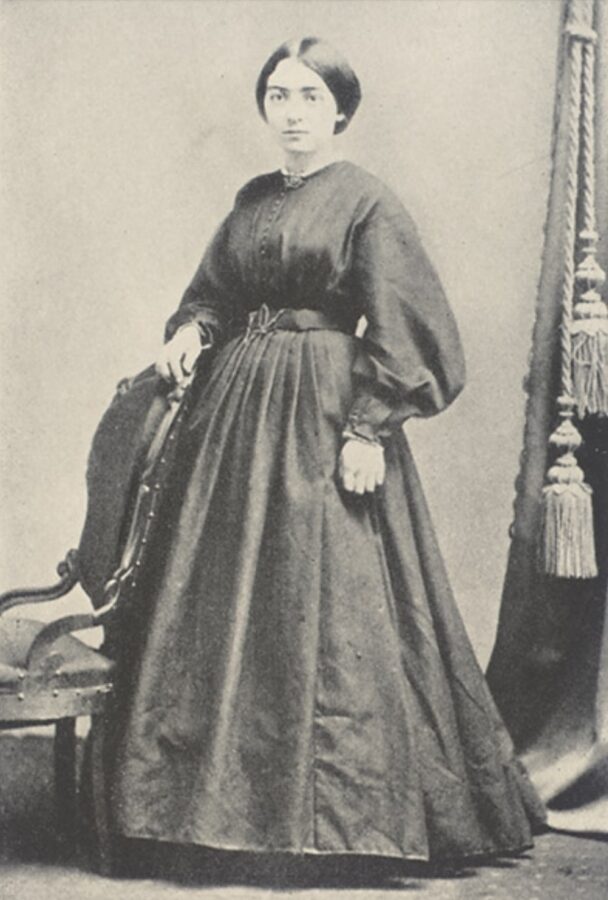 Life and Letters of Mary Putnam Jacobi (1925)
Life and Letters of Mary Putnam Jacobi (1925)Mary Putnam in 1866
By the summer of 1865, Mary Putnam, 22, had blazed an impressive trail in life. The daughter of a successful American publisher-father (George) and English mother (Victoria), Mary grew up in New York City with dreams of a career in medicine—a pursuit that her father supported financially, even though he thought the idea “repulsive.” In 1863, Mary graduated from the New York College of Pharmacy, making her the first woman to receive a degree from an American school of pharmacy; the following year, she earned a medical degree from the Female Medical College of Pennsylvania.
In August 1865, Mary’s chief struggle was not professional, but personal: She was second-guessing her recent decision to accept a proposal of marriage. In the following letter to her father, Mary opines on the state of the relationship, a troubled daughter looking for her father’s advice:
I did not reflect how little I knew him, that I had only seen him in one relation, had had no opportunity for comparing him with other people, or having their judgment upon him. Well, only the first days of our engagement were unmixed pleasure! I was extremely disappointed that none of the family liked him better, and both astonished and angry at myself that their opinion seemed to have such a subtle influence over my feeling. Some days I did not care about him at all, and on others I was perfectly satisfied and happy. And so it has been ever since. Four or five weeks ago I even asked him to defer our marriage for a year, but he was so distressed about it that I withdrew my request, and renewed my promise to be married in September. When I am alone with him, I almost always am contented, frequently I even feel drawn to him by a passionately loving feeling, but in company or away from him, I am far more often quite indifferent. Now it does not seem as if that would be the case, with a person who was really my husband, does it? The purity, generosity, uprightness and simplicity of his character are deserving of my highest esteem, and have it. He is perfectly and unselfishly devoted to me, his greatest desire seems to be to make himself estimable in my eyes, to make me happy, to honour me. But I am not sure that his intellect or character are as strong as mine, his simplicity is frequently obtuseness of perception, his desire for my approbation sometimes strikes me as childish, and unbecoming a man who should be my master and superior. I influence him a great deal, he scarcely influences me at all, in a word, I can manage him, and that makes him far less interesting than if he, by superior power, controlled and magnetized me.
He is not weak, but rather narrow. I am afraid, I am perpetually obliged to explain, to enlarge his prejudices, and this although his scientific knowledge is so far superior to mine. Even when I love him most I am conscious that the pang of parting from him would be but momentary, and sometimes I actually dislike the rapid approach of the wedding day. Do not let me put things in darker colors than they are. The greater part of the time I am very contented, and quite as happy as I have ever been, and occasionally when with him, a great deal happier. On Fridays, I sometimes feel bored at the idea of his coming, and on Saturdays, am astonished that so disloyal a feeling could ever have found place in the mind of one, so compassed about with the true love of so true a man. I feel rich and possessing all things. He asks me if I love him, he calls me by all pet names, I answer yes, I think of nothing but him. Then either his devotion tires me, or he tells some foolish story, or makes an inappropriate remark, or fails to understand me, and I feel vexed, annoyed, tied down. Then perhaps his head aches, and I feel drawn to him again by the consciousness of the power I have over his happiness and the ease that I can so easily give him. Which mood now is the true one, which ought I to trust as the interpreter of the real state of things?
And here several questions come up. In the first place, supposing it to be true, (as the silent judgment of everyone seems to attest) that he is less strong, less broad, less powerful than I am, does it, thence, follow that I should be less happy with him, or make him less happy than with a person who was my superior? Do I not above all things need freedom of action, and power to carry out the intellectual schemes that are so dear to me as anything else, and might not this other kind of person greatly interfere with that? Do not most self-reliant women marry men a little weaker than themselves, for whom they have a half wifely, half maternal feeling, whom they can make perfectly happy, and with whom they live very comfortably? Do I want to know a love so great that it would absorb the strength of my whole life? Does not his kind more exactly suit me, than any other?
But secondly, do not most women feel a hundred fears and misgivings before marriage that entirely vanish after? Does not the fact that I care so much more for him when with him than away from him, intimate that when I am once with him altogether, I shall love him completely? Or on the other hand, does my appreciation of his character and unwilling acquiescence in many of the criticisms of others, prove, that as the first youthful feeling wears off, increasing dissatisfaction will set in, that a secret weariness and disbelief will eat out all the sweetness of our married life, and leave nothing but an appearance of loyal love that will task all my powers to maintain, will cause deception and cheat my husband under pretense of making him happy?
But thirdly, and most important of all, is it not too late to think of these things?
In response to his daughter’s letter, George Putnam wrote, “[T]he whole thing must end now, once for all-and unconditionally.” Mary broke off the engagement and devoted herself to furthering her studies; in 1871, she became only the second woman to receive a degree from the École de Médecine of the University of Paris. Two years later she married physician Abraham Jacobi, with whom she had three children. By the time of her death in 1906, Mary had written over 100 medical articles and nine books. In 1993, she was posthumously inducted into the National Women’s Hall of Fame.
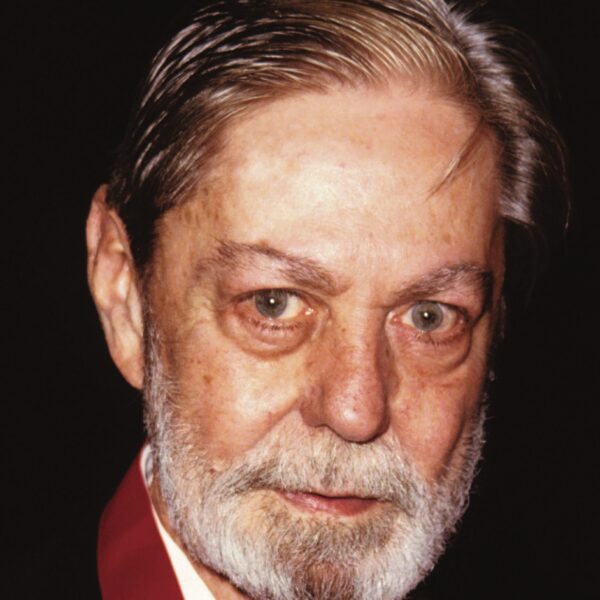
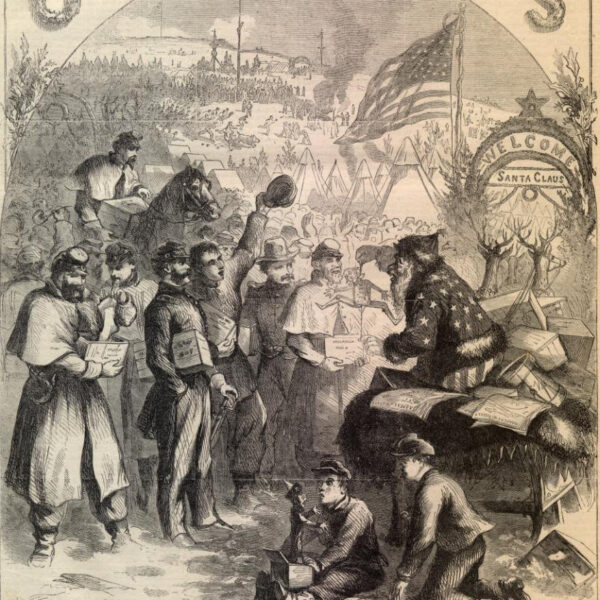
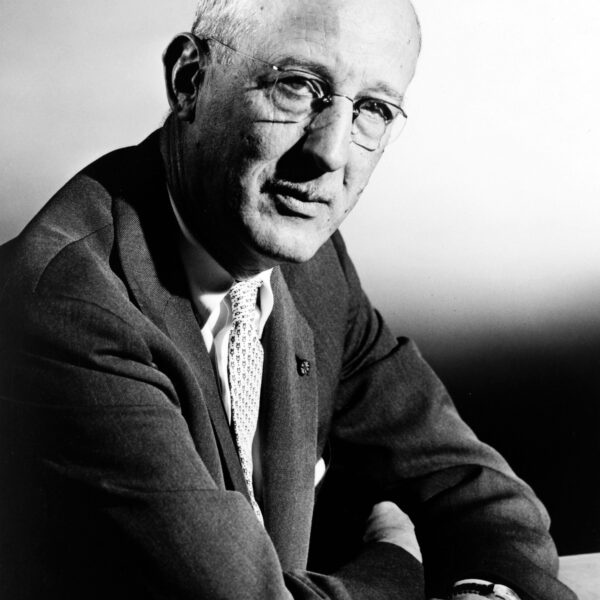
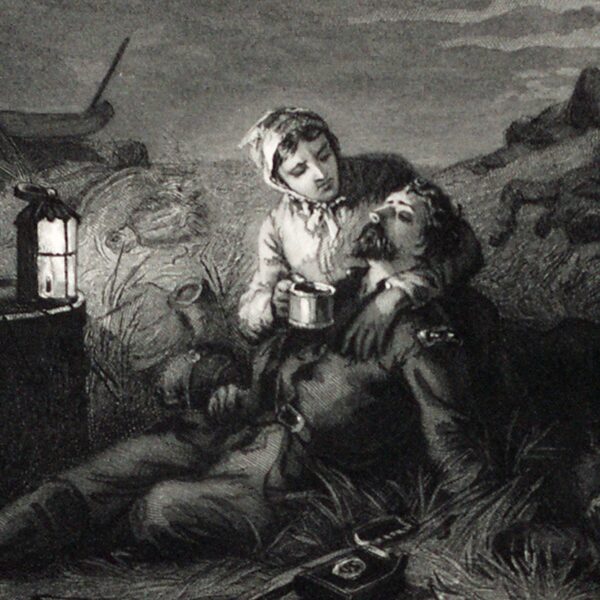
She was wise to follow her father’s advice.